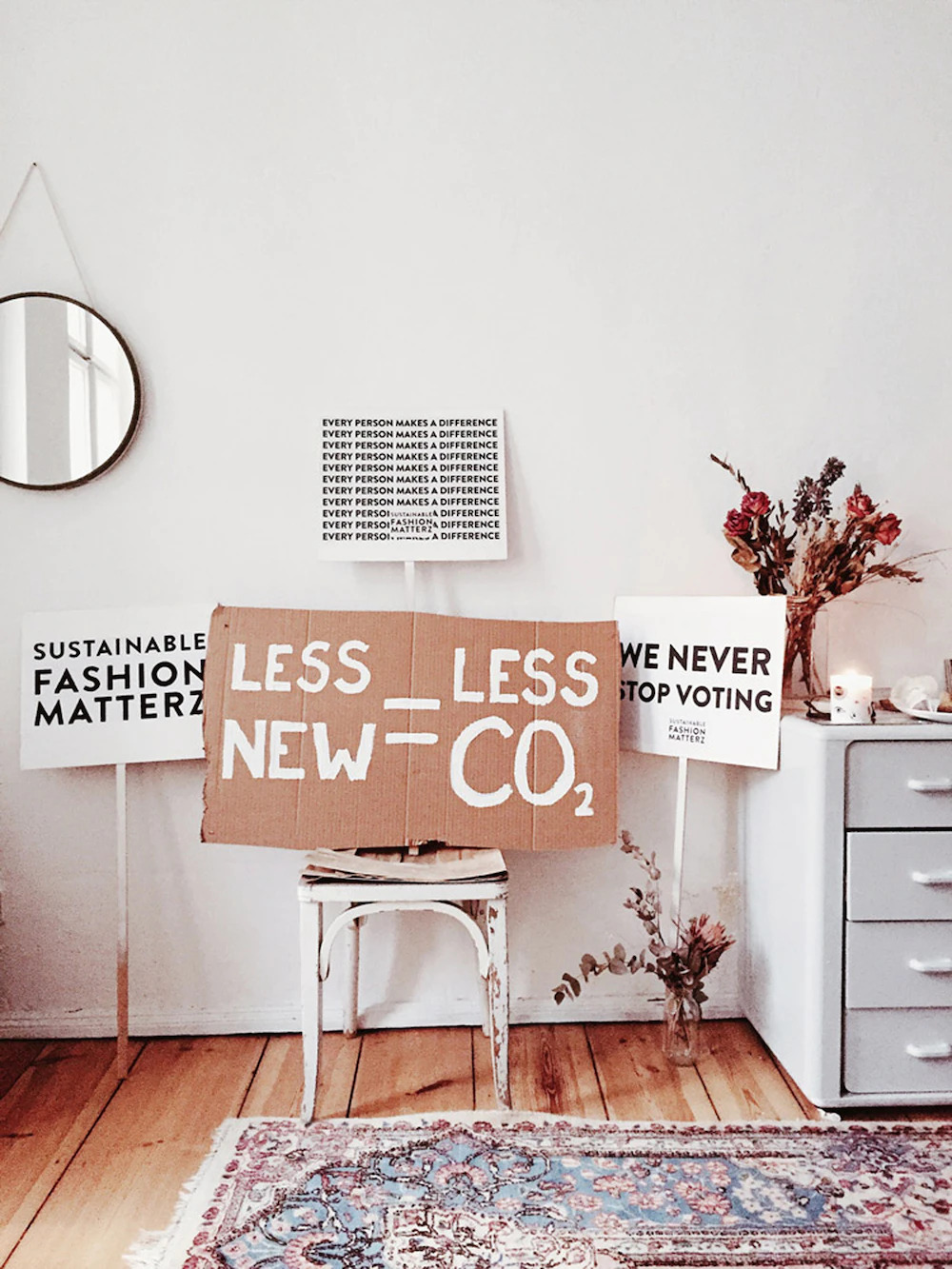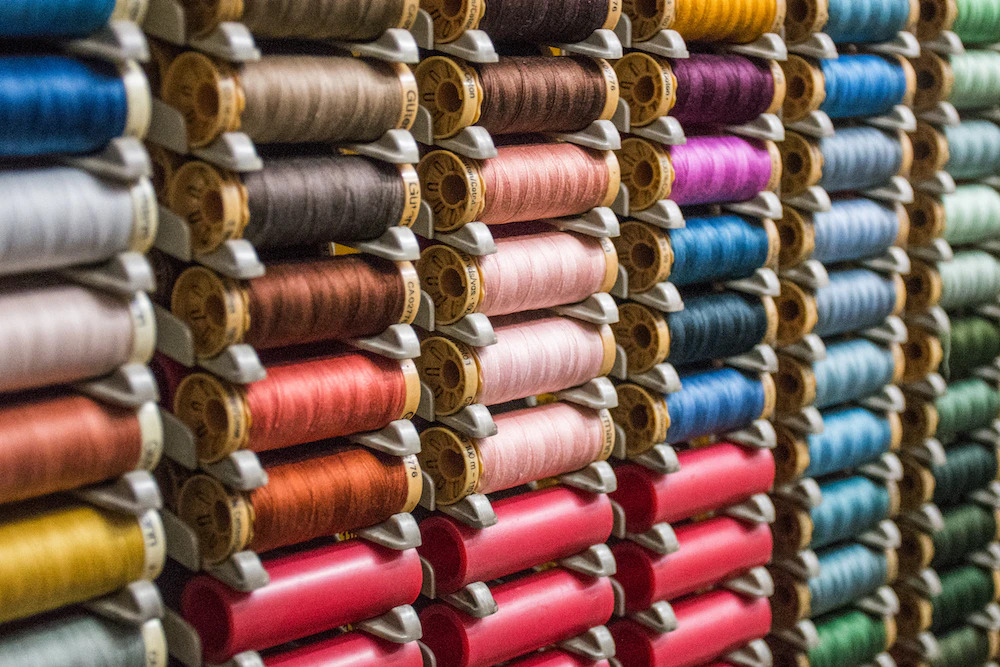Exploring The New Age Textile Shaping The Future of Fashion
10/01/2024 2024-07-04 15:17Exploring The New Age Textile Shaping The Future of Fashion
The fashion industry is dynamic and influenced by societal and cultural shifts, technological development, and environmental issues. Several significant trends and inventions are already affecting the direction of the fashion industry as we look to the future of clothing. The new-age textiles, poised to revolutionise how clothing is made in the future, are one of the most exciting advancements in this field. Let us dive in and understand what is the future of fashion.
The Fashion of the Future
Innovation, creativity, and sustainability are the three pillars of the apparel industry of the future. The fashion industry is moving towards more environmentally friendly practices and materials as customers become more conscious of the effects of their decisions on the environment and as technology improves. This indicates that utilising cutting-edge technologies to produce fabrics that are eco-friendly, robust, and fashionable will be a key component of the future of fashion. Let us understand how will fashion change in the future and the upcoming trends.
What Future Changes Can We Expect in Fashion?
As more companies start to place a higher priority on sustainability and ethical practices, the fashion industry is already undergoing a significant transformation. Future fashion will likely continue in this direction, with brands experimenting with new materials and production methods that minimise waste and environmental effects. We can also anticipate seeing clothing that is more individually tailored and programmable as technology advances and apparel that incorporates technology into its design.
The Fashion Industry’s Future

As we look to the future, we can see that the fashion industry is changing quickly and that several trends will likely influence it. The following pointers will answer the question: what is the future of fashion industry?
Sustainable Practices:
Sustainability and ethical practices are being prioritised by companies as consumers become more conscious of how their decisions affect the environment. This category falls under the use of recycled resources, cutting waste, and embracing circular economy models.
Digitalisation:
Every industry is going through a digital transformation, and fashion is no different. We can anticipate seeing more individualised and customised clothing and a shift towards e-commerce and digital retail experiences as companies adopt new technologies like 3D printing and virtual try-on.
Collaborations and alliances:
As the fashion industry becomes more interconnected, we can anticipate more alliances and partnerships between companies and the fashion industry and other sectors like technology and sustainability.
There are also various courses available which can guide youngsters’ interest in the industry. JD School of Design offers postgraduate programs in Fashion and Textile Design. It is a two-year full-time program with a master’s degree. It offers in-depth insights into resource centres, 3D printings as well as industry visits. JD offers this course at their Bangalore as well as Goa centres.
The Textile Industry’s Future

As new technologies and environmentally friendly materials are developed, the textile industry is also experiencing a significant transformation. Everyone is wondering what is the future of textile industry, let us find out. The following are some ways in which these changes are likely to influence the industry’s future:
Sustainability & Innovation:
Innovative technologies and environmentally friendly procedures are used to create new-era textiles. These materials are a game-changer for the future of fashion because they are made to be strong, ecologically sustainable, and fashionable.
Technical fabrics:
Materials created especially for their functional qualities are known as technical textiles. Due to their effectiveness and durability, these materials are used in various sectors, such as the automotive, aerospace, and healthcare industries and in fashion.
Sustainability in Textiles and Fashion
As consumers become more conscious of the environmental effect of their choices, sustainability is a significant focus for the fashion and textile industries. So, what is the new technology in textile industry? Companies are adopting circular economy models that cut waste and encourage recycling, as well as sustainable materials and manufacturing techniques. Additionally, the interest in purchasing vintage or used clothing among consumers is rising, which lowers the demand for new clothing manufacturing and lengthens the lifespan of current garments. Numerous companies are also investigating cutting-edge materials and manufacturing techniques that minimise waste, carbon emissions, and water use. Some companies, for instance, are experimenting with using materials made from algae or adding recycled plastic bottles to their textiles.
Difference between Technical Textile and Conventional Textile
Technical textiles are created with particular functional properties in mind, as opposed to conventional textiles, which are mainly created for aesthetic reasons. Technical textiles are substances that have been developed to serve a particular purpose, such as UV protection, moisture control, or insulation. Because of their strength and effectiveness, these materials are frequently used in the automobile, aerospace, and healthcare sectors, as well as in the fashion industry.
Future Trends in the Fashion Industry

Looking ahead, several significant patterns are likely to influence the direction of fashion. These consist of the following:
Gender-neutral clothing:
We can anticipate seeing more gender-neutral clothing choices in the future as society becomes more accepting of gender diversity.
Responsible and sustainable practices:
Future fashion trends will likely emphasise sustainability and ethical behaviour as consumers demand that companies make more conscientious and responsible decisions.
Digital integration:
As technology advances, we anticipate seeing more digital components integrated into the fashion industry, such as augmented reality dressing rooms and wearable technology.
Trends in Sustainable Fashion
As consumers become more conscious of their fashion decisions’ effects on the environment, sustainable fashion is a trend that is quickly growing. Future design trends to look out for include the following:
Upcycling and repurposing:
As consumers look for ways to reduce waste and prolong the life cycle of their clothing, upcycling and repurposing clothing and materials are growing in popularity. This is leading towards sustainable fashion trends.
Zero-waste design:
Using every scrap of fabric when creating clothing designs helps to minimise waste and make the most of available resources.
Local and small-scale production:
Local and small-scale production provides more control over the manufacturing process, reduces transportation emissions, and fosters accountability and transparency throughout the supply chain.
To sum up, innovation, technology, and sustainability in fashion and textiles will likely influence fashion’s direction in the future. Developing technical and new-era textiles is revolutionising the textile sector and giving fashion designers access to more robust, durable materials. Additionally, we can anticipate more ethical and sustainable practices in the fashion industry and increased personalisation and customisation of clothing through digital technologies as consumers become more conscious of the environmental effect of their choices.













